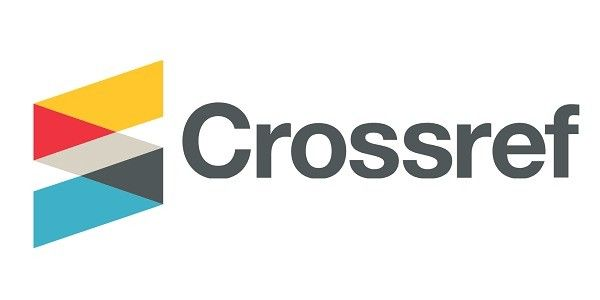ШЕТ ТІЛІН ОҚЫТУДА ЖАСАНДЫ ИНТЕЛЛЕКТІҢ РӨЛІ
DOI:
https://doi.org/10.56525/CKDO9131Кілт сөздер:
жасанды интеллект (AI), жекелендірілген оқыту, интеллектуалды репетиторлық жүйелер, сөйлеуді тану, машиналық аударма, білім берудегі чатботтар, айтылымды үйрету, деректерге негізделген білім беру, бБілім беру технологиясы (EdTech), AI қуатындағы бағалауАңдатпа
Жасанды интеллекттің тілдік білім беруге интеграциясы шет тілдерін оқыту мен оқу процесін өзгертті. Бұл мақала жекелендірілген оқыту тәжірибесін, интеллектуалды репетиторлық жүйелерді және бейімделген бағалау құралдарын ұсыну арқылы тіл үйренуді жақсартудағы жасанды интеллекттің негізгі рөлін зерттейді. Чат-боттар, сөйлеуді тану және машиналық аударма құралдары сияқты жасанды интеллектпен жұмыс істейтін қолданбалар үйренушілерге иммерсивті, нақты әлем сценарийлерінде тіл дағдыларын үйренуге мүмкіндік береді. Бұл технологиялар көбірек қатысуға, айтылымды жақсартуға және сөздік қорды игеруге ықпал етеді. Сонымен қатар, жасанды интеллект алгоритмдері мазмұнды бейімдеу, әлсіз жақтарды анықтау және мақсатты араласуды ұсыну үшін студент деректерін талдайды, бұл әртүрлі оқушылар үшін тиімді прогресті қамтамасыз етеді. Мақалада сонымен қатар тіл үйретуде жасанды интеллектті енгізу қиындықтары,
соның ішінде этикалық мәселелер, қолжетімділік және мұғалімдерді оқыту қажеттілігі талқыланады. Жасанды интеллект пен адам мұғалімдері арасындағы синергияны көрсете отырып, бұл зерттеу Жасанды интеллекттің дәстүрлі оқыту әдістерін толықтыру, тілдік білім беруді демократияландыру және студенттерді өзара байланысы барған сайын жаһандық қарым-қатынасқа дайындау мүмкіндігін көрсетеді.






